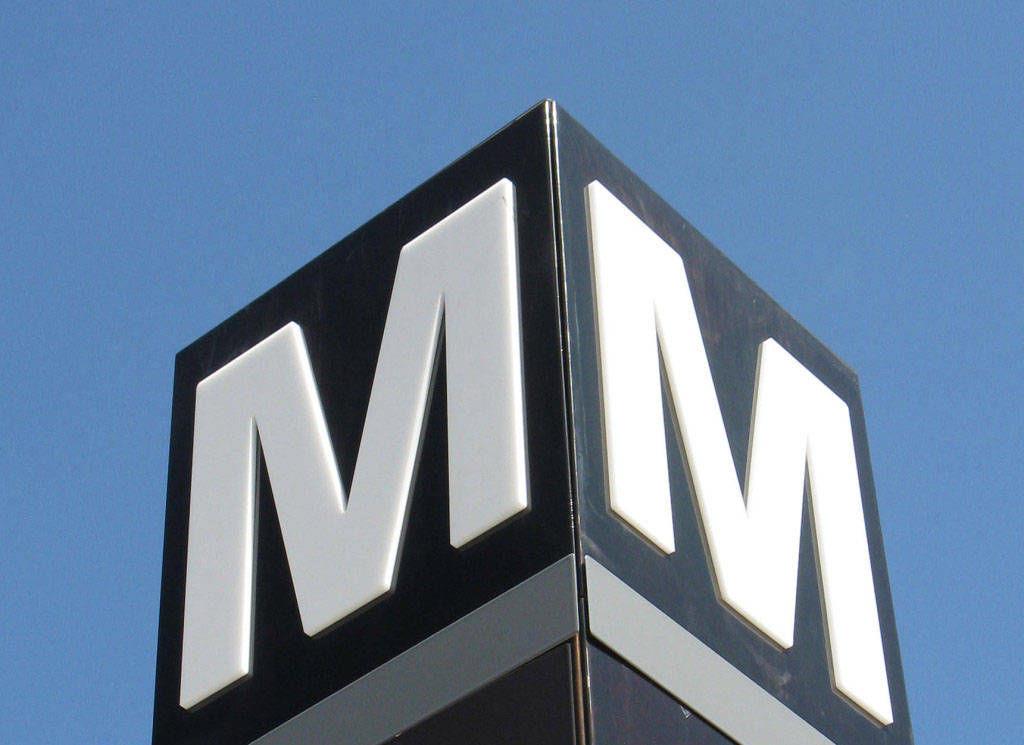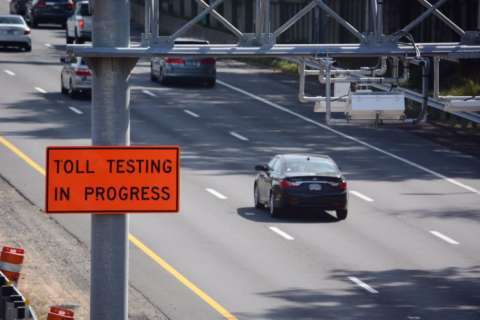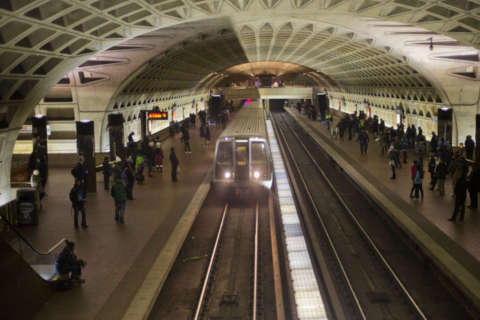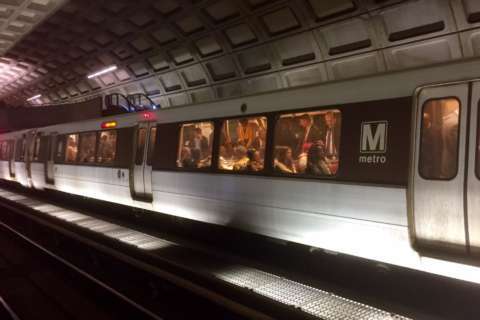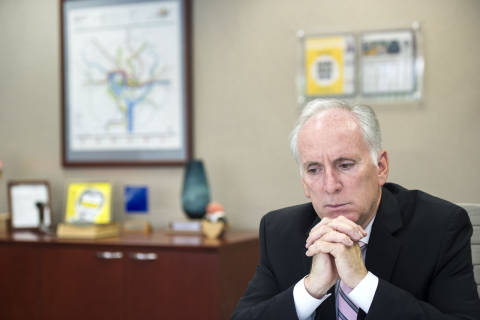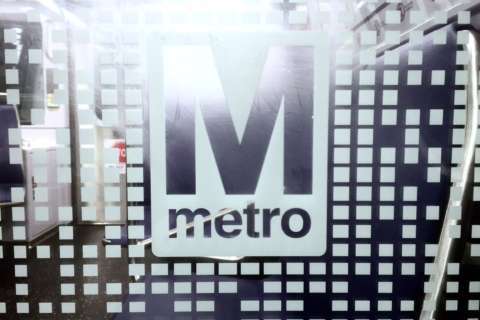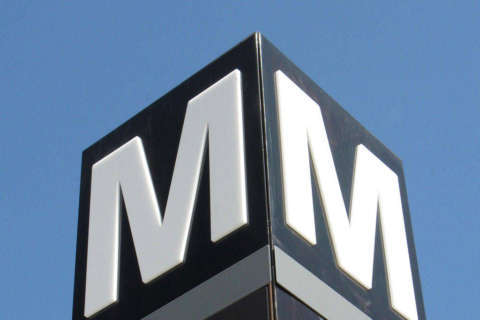
WASHINGTON — Metro would permanently get $150 million per year from regional taxes collected across Northern Virginia under outgoing Gov. Terry McAuliffe’s final two-year budget proposal, which is set to be unveiled Monday, administration officials said.
Virginia’s $150 million additional annual state contribution would be funded by taking $85 million of Northern Virginia’s existing regional transportation sales tax and related revenues, and by increasing three regional taxes to raise an estimated $65 million per year, as long as Maryland and the District allocate their own shares of funding and the jurisdictions, and the federal government approves shrinking the Metro Board.
The three proposed tax changes are:
- Set a floor on the regional gas tax, which a number of lawmakers have said was the original intent of the 2013 bill that created it.
- Raise the Grantor’s Tax, a real estate transfer fee, in Northern Virginia from 15 cents per $100 of assessed value to 25 cents (which Virginia Deputy Transportation Secretary Nick Donohue emphasized was the level originally approved by the General Assembly in the 2013 bill before amendments submitted by then-Gov. Bob McDonnell).
- Raise the Northern Virginia hotel tax to 3 percent from 2 percent (another change Donohue said was in line with the original bill approved by the General Assembly in 2013).
McAuliffe’s budget proposal also includes $110 million in new bond sales to address part of a statewide transit capital funding shortfall that an extensive analysis found totals at least $1 billion or so through 2027. The bond sales are backed by existing revenue, Donohue said. He believes it would be enough to address the most basic state of good repair issues for Virginia transit systems.
The existing Northern Virginia Transportation Authority funding that would be shifted to Metro is reasonable because the state has moved forward on other transportation improvements, such as toll lane expansions, Donohue said.
“A lot of the big ticket items in the region have been addressed,” Donohue said.
Only if Maryland, DC do it, too
The proposal of dedicated funding for the Metro system, which General Manager Paul Wiedefeld has said is critical to making long-delayed repairs and upgrades, is contingent on Maryland and the District providing similar funding and on the approval of a proposal to shrink the Metro Board to five members. McAuliffe first said he would include the proposed funding for Metro in his budget on WTOP’s Ask the Governor last month.
Virginia would provide the funding even without a similar matching guarantee from the federal government, which Maryland Gov. Larry Hogan has pushed for. Virginia’s $150 million number is based on the funding formula for Metro that dates back decades, which D.C. Council Chairman Phil Mendelson has said is unfair to the District. The total proposed in Virginia’s budget includes the adjustments to the formula that will happen when the final stretch of the Silver Line opens to Loudoun County around 2020.
The contingencies in McAuliffe’s plan are seen as concessions to certain members of the General Assembly that could help the provision pass and put additional pressure on the other jurisdictions.
McAuliffe, a Democrat, leaves office shortly after the General Assembly session begins. He is being replaced by his lieutenant governor, Ralph Northam, who will have to help shepherd any funding through to the finish line.
Republicans control Virginia’s state senate 21-19 and would control the house of delegates 51-49 if three remaining recounts uphold certified election results.
A debate over Metro’s governance has complicated the disputes over how to fund the system’s needs in the long term. Despite months of increased focus, the region has failed to agree on the best way to pay for Metro’s needs or on how to divide those payments up.
Unlike in Maryland where the state foots the entire bill, or the District where only one government is at issue, most of Virginia’s Metro funding comes from the individual local governments served by the Metro system.
McAuliffe’s budget blueprint will also include nearly $500 million in required school funding increases, additional funding for teacher licensing, Medicaid expansion, and some additional funding to address the opioid epidemic.

